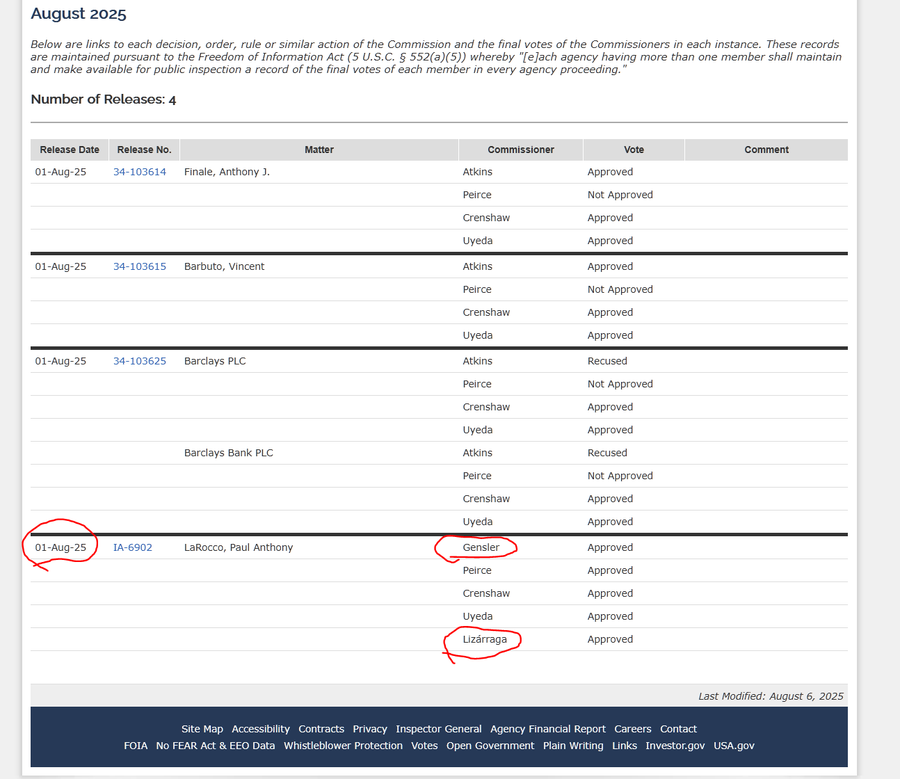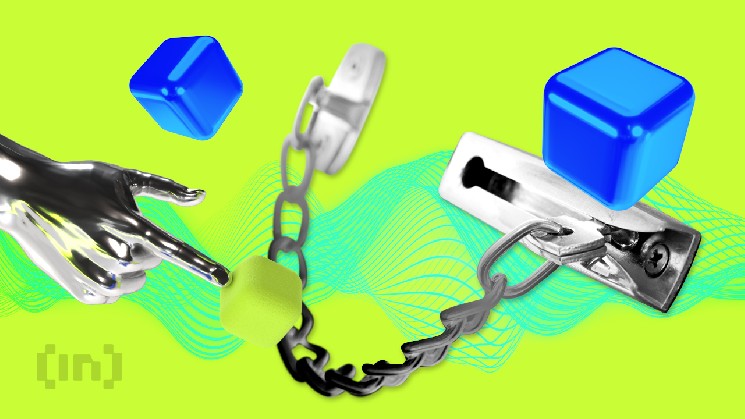Incogni, a digital privateness agency, performed a examine on American and Chinese language platforms harvesting delicate knowledge from Europeans. Regardless of alleged digital safety legal guidelines, these apps can circumvent them.
Blockchain know-how may repair these issues, however the web’s dominant forces are getting into the other way. It’ll be a tough combat.
Digital Privateness Violations In Europe
Since its earliest days, the crypto group has had a powerful curiosity in digital privateness. Bitcoin was created to be trustless, nameless, and decentralized, in spite of everything.
Nevertheless, the web in 2025 is a really completely different place in comparison with 2009. A choose variety of platforms management a lot of the visitors, and so they’re all harvesting knowledge:
Regardless of Europe main with private knowledge safety legal guidelines, Incogni’s researchers reveal regarding practices of foreign-developed purposes and the way they deal with European residents’ knowledge. Purposes developed by overseas entities can simply function in grey areas that go away EU and UK residents’ private knowledge huge open to third-party entry,” Darius Belejevas, Head of Incogni, informed BeInCrypto.
Based on new analysis printed by Incogni, main platforms based mostly within the US and China have interaction in systematic violations of digital privateness. The federal government regularly surveys American social media apps, and we are able to simply assume that China employs comparable strategies.
Incogni’s examine centered on Europe, and its conclusions on app-based knowledge assortment are pretty beautiful. Though the continent ostensibly has stringent digital privateness legal guidelines, these overseas platforms management an enormous share of information.
It’s simple to think about how this downside might be a lot worse in different areas.

Information Assortment in Europe. Supply: Incogni
Might Blockchain Assist?
So, how can blockchain know-how guarantee digital privateness? Web3 purposes equivalent to self-sovereign id (SSI), decentralized identifiers (DIDs), and tokenized knowledge marketplaces present a mannequin the place customers management and selectively disclose data by way of cryptographic proofs, stopping bulk harvesting and cross-border leakage.
In contrast to centralized apps, blockchain techniques maintain verification native and clear. By embracing crypto’s origins as a radically decentralized system, residents within the UK, EU, or another nation might be able to shield their digital privateness.
Nevertheless, this optimistic situation appears extremely unlikely. Cybersecurity consultants are involved a couple of pattern in crypto scams: what use is a warning if no one heeds it?
These platforms most likely gained’t merely allow large numbers of customers to flaunt their knowledge assortment strategies. Privateness-focused fanatics could have to construct parallel constructions.
Can blockchain-based platforms actually change messaging, leisure, social media, and extra? These replacements would require vital consumer adoption—a messaging app the place you may’t message anybody, a streaming app with no content material, and so forth, could be ineffective.
Authorities-Imposed Hurdles
Because the current US plan to place financial knowledge on the blockchain reveals, motivated governments are able to utilizing this know-how for highly effective new use circumstances.
If this form of plan had some actual buy-in from EU governments, privateness consultants may power these platforms to allow blockchain-based consumer obfuscation applied sciences.
There’s only one query: are EU governments enthusiastic about digital privateness? MiCA rules counsel that they don’t seem to be, however different current incidents present additional proof.
The On-line Security Act (OSA), Britain’s try at digital age verification, has confirmed hideously unpopular, even sparking human rights criticism.
It requires web sites to desert any pretense of digital privateness and verify each potential consumer’s id earlier than they will entry the platform. It appears the EU is testing comparable necessities.
In brief, the web’s prevailing headwinds don’t favor digital privateness. Dedicated builders may construct Web3-based options, however it’ll be an extended and uphill battle. Nonetheless, blockchain know-how is one of the simplest ways to attain this dream.


